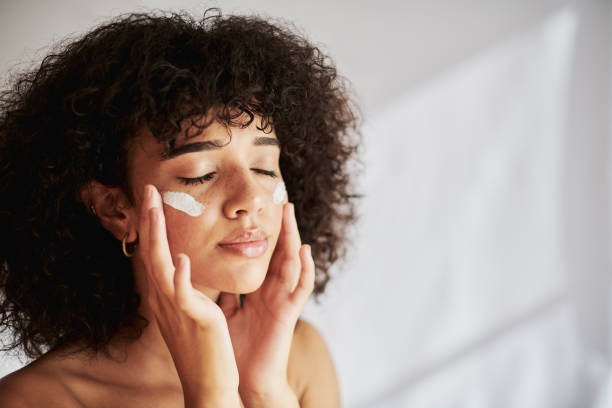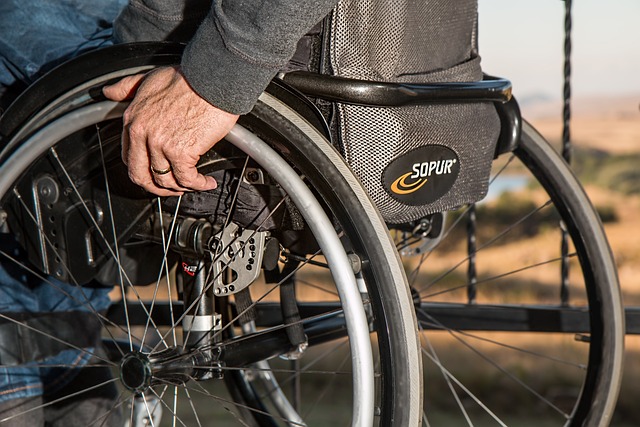Self Care Practices for Everyday Beauty and Wellness
Self care is a set of intentional habits and small practices that support physical comfort, mental clarity, and emotional balance. It can include short daily rituals, scheduled appointments, or mindful pauses that help you manage stress and maintain a sense of wellbeing. Approaching self care deliberately makes it easier to maintain long-term routines that benefit skin, mood, and energy levels.

This article is for informational purposes only and should not be considered medical advice. Please consult a qualified healthcare professional for personalized guidance and treatment.
How does beauty self care fit into daily routines?
Beauty-focused self care doesn’t need to be time-consuming to be effective. Simple practices—regular cleansing, appropriate moisturization, sun protection, and periodic exfoliation—support healthy skin barrier function and a more even complexion. Incorporating small steps into morning and evening routines creates cumulative benefits: consistent hydration and protection reduce irritation, while targeted treatments (like serums or masks) can address specific concerns. The goal is functional upkeep rather than perfection, choosing products and frequencies that suit your skin type and lifestyle.
What should you consider for bikini area care?
Caring for the bikini area involves gentle cleansing, exfoliation, and barrier-supporting moisturizers to reduce ingrown hairs and irritation. Use lukewarm water and mild, fragrance-free cleansers; avoid harsh scrubs immediately before or after hair-removal methods. Wear breathable fabrics and change damp clothing promptly to reduce bacterial growth. If you experience persistent irritation, redness, or bumps, a consultation with a dermatologist or qualified professional can help identify underlying causes and treatment options tailored to sensitive skin in this area.
Is waxing safe and how to prepare?
Waxing is a common hair-removal method for many areas, including the bikini zone. Preparing the skin helps reduce discomfort and complications: exfoliate a few days before to remove dead skin, avoid sun exposure and aggressive exfoliants right before waxing, and ensure hair is an appropriate length for the wax being used. Aftercare includes soothing lotions and avoiding tight clothing for 24 hours. While waxing can be safe for most people, those with skin conditions, recent retinoid use, or certain medications should seek professional advice to minimize risks.
How to approach grooming for long-term skin health?
Grooming extends beyond hair removal to include trimming, shaping, and skin maintenance. Adopt a gentle, regular grooming schedule to prevent issues like ingrown hairs and chronic irritation: hydrate the skin, use clean tools, and apply products that support barrier repair. For facial or body grooming, consider professional services for precision or if you have specific concerns. Good grooming practices are as much about consistency and hygiene as aesthetics; prioritizing skin health reduces the need for corrective treatments later.
How does self care support overall wellness?
Self care links physical maintenance to mental and emotional wellness. Regular sleep, balanced nutrition, hydration, movement, and stress-management practices create a foundation for improved skin and energy. Mindful beauty routines can also function as brief meditative moments—reducing cortisol spikes and improving mood. Viewing grooming and beauty as part of holistic wellness reframes these activities from chores into restorative habits that sustain resilience and confidence over time.
Conclusion
Self care is practical, adaptable, and most effective when aligned with your personal needs and rhythms. Whether focusing on beauty rituals, bikini-area maintenance, waxing preparation, routine grooming, or broader wellness habits, prioritize gentle, consistent practices that protect skin and support mental balance. Small, repeatable actions—combined with professional guidance when needed—help create sustainable self care that promotes both comfort and wellbeing.




